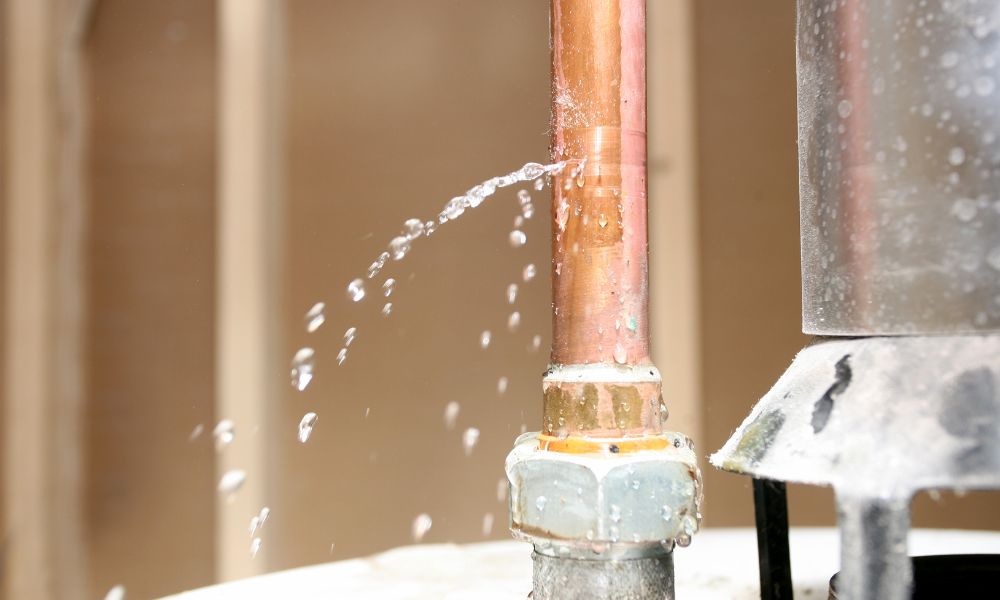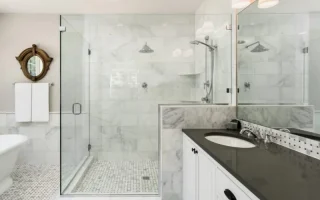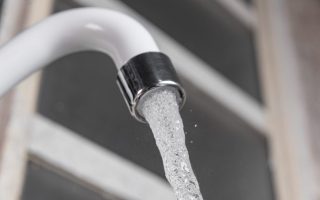Most people don’t notice the toilet leaks until it costs them money in water bills. Many landlords probably don’t know that small leaks can waste a lot of money. This blog explains how toilet leaks can affect water bills and provides useful tips for landlords on how to find and fix them.
How Much Do Toilet Leaks Cost?
Toilet leaks can cause water bills to go up. People usually do not notice the slow rise of the bills. Even a small leak could waste a lot of water. The Environmental Protection Agency (EPA) found that drip toilets could waste up to 200 gallons of water daily. Consequently, landlords will see their water bills increase, costing them money for nothing.
Find Out Where Toilet Leaks Come From
It’s not always easy to tell when a toilet leaks, but a few signs can help landlords and tenants catch it early. Here are some common signs you should look out for:
Water That Runs After You Flush: This could mean that your toilet is leaking.
A rise in your water bill that you can’t explain: Your water bill might have gone up because of a toilet leak.
Next, water building up around the toilet’s base shows a leak.
You can hear noise from the tank even when the toilet is unused. This is the fourth sign of a leak.
Dye Test
The dye test is a simple way for landlords to detect toilet leaks. Here are the steps you need to take:
- To begin, color the toilet tank with food color dye. It only needs a few drops.
- Be patient: Don’t flush the dye for about 30 minutes after you add it.
- Check the Bowl: If the color of the water in the bowl changes, it’s likely a leak in the flapper or flush valve.
- This is an easy and quick way for landlords to find leaks before they lead to costly water damage.
What Makes Toilets Leak
Several different things can cause toilet leaks, each needing a different solution. Here are some common issues landlords should be aware of:
- The broken flapper valve controls water flow from the tank to the bowl. This is the first part. It could break down over time and let water in.
- Parts that have corroded: When parts like the fill valve or flush valve rust, leaks can happen.
- Third, there may not be proper sealing between the tank and the bowl or the tank and the supply line, which can cause leaks.
- The toilet shutoff valve device can control how much water goes to the toilet and is a device that could get broken. If it breaks or rusts, it can let water leak out. Landlords should ask the tenants to check this valve for signs of wear regularly.
How To Know When To Ask For Help
People can fix small breaks on their own, but bigger issues might need the help of a professional. If you don’t know the root cause of a leak, seek help from professionals. They can help determine where the problem is coming from and how to fix it for good.
While landlords or tenants can fix small leaks on their own, larger issues may require professional assistance. If the root cause of a leak isn’t clear, it’s best to consult a professional plumber. They can accurately diagnose the problem and provide effective solutions.
How To Fix Toilet Leaks
With regular upkeep, landlords can prevent leaks before they become significant issues. Here are some ideas:
- First and foremost, make sure you regularly check your toilet. Check your water bill for any strange raises and look for leaks.
- Flappers and valves break down over time, so getting new ones is important. Replace them before they wear out to save time and money.
- Third, check to see if the toilet shutoff button works properly. To stop more leaks from happening, the system needs to be checked regularly for damage or rust.
Consider An Upgrade
If your toilet is old and frequently malfunctions, it might be time for a replacement. Modern toilets typically have improved components that reduce the likelihood of leaks and use less water; it is beneficial for both landlords and tenants.
Conclusion
It might not seem important, but toilet leaks can cost you a lot of money in terms of water bills. Landlords can avoid costly leaks by promptly identifying and addressing issues as they arise. Regular inspections, quick repairs, and ongoing maintenance can help save water and money. By fixing a leak as soon as it’s noticed, landlords can protect their investments and reduce unnecessary costs.




